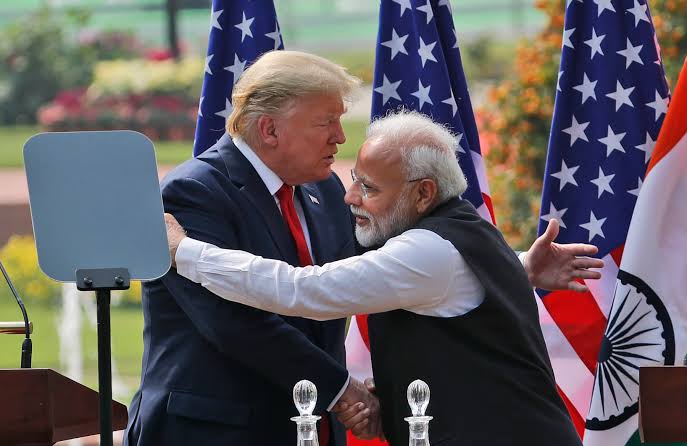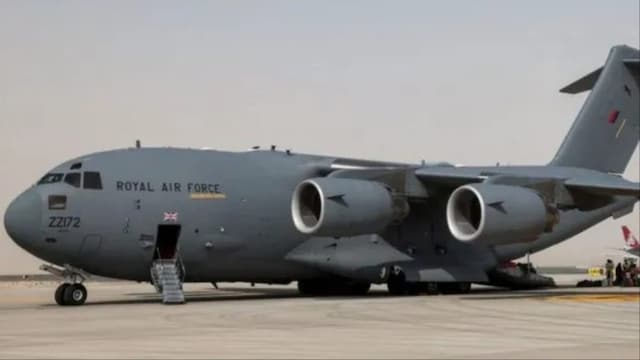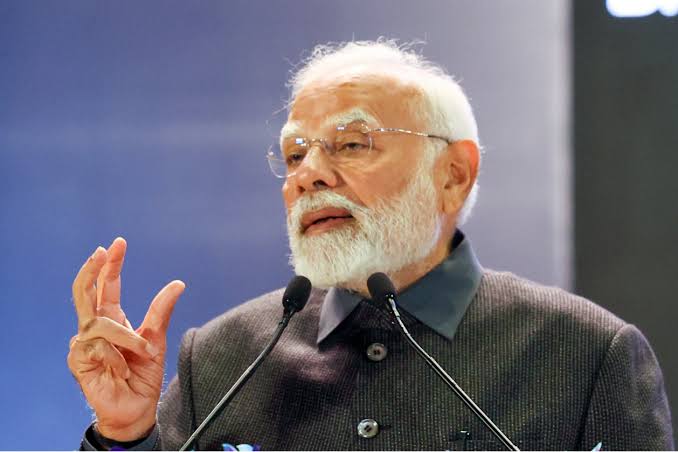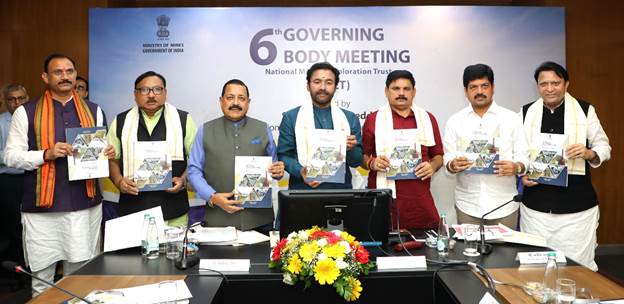Prime Minister Narendra Modi’s visit to Washington took a dramatic turn as US President Donald Trump announced his plan to impose reciprocal tariffs, stating that the United States would charge countries the same rates they impose on American goods. Trump singled out India, claiming it has some of the highest tariffs in the world, recalling past trade disputes such as those involving Harley-Davidson motorcycles. This announcement, coming just hours before Modi and Trump’s highly anticipated meeting, has cast a shadow over discussions that were expected to focus on trade, technology, and strategic cooperation.
 Despite this, Modi’s visit remains a significant diplomatic engagement. The Prime Minister began his day meeting US National Security Advisor Michael Waltz and later held discussions with Tesla CEO Elon Musk at Blair House, where he is staying. Musk, now a part of Trump’s administration as the head of the newly created Department of Government Efficiency, has been vocal about his interest in deepening ties with India, particularly in technology and space exploration. Modi also met Indian-origin entrepreneur Vivek Ramaswamy, discussing innovation and cultural ties.
Despite this, Modi’s visit remains a significant diplomatic engagement. The Prime Minister began his day meeting US National Security Advisor Michael Waltz and later held discussions with Tesla CEO Elon Musk at Blair House, where he is staying. Musk, now a part of Trump’s administration as the head of the newly created Department of Government Efficiency, has been vocal about his interest in deepening ties with India, particularly in technology and space exploration. Modi also met Indian-origin entrepreneur Vivek Ramaswamy, discussing innovation and cultural ties.
The White House has described Modi’s visit as an opportunity to strengthen US-India relations, emphasizing defense cooperation and trade. A senior official stated that Trump values his close relationship with Modi and looks forward to enhancing bilateral ties. However, the sudden tariff announcement complicates the economic aspect of the discussions, raising concerns about the potential impact on Indian exports to the US.
Outside Blair House, crowds of Indian-Americans gathered, waving flags and chanting in support of Modi. Meanwhile, global markets reacted to Trump’s tariff announcement, with gold prices rising amid fears of escalating trade tensions.
While Modi is expected to advocate for a fair trade deal and seek assurances on critical technology cooperation, Trump’s firm stance on tariffs signals a challenging negotiation ahead. The coming hours will be crucial in determining whether the two leaders can navigate these tensions and find common ground on economic and strategic issues.



